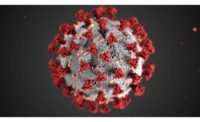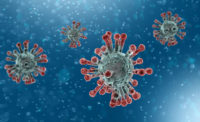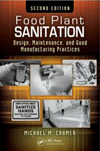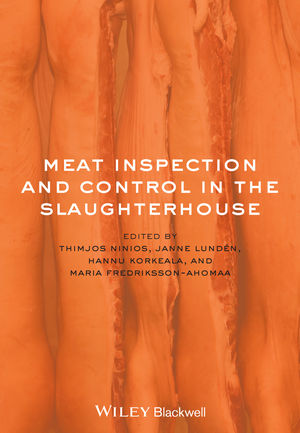Coronavirus (Covid-19) recommendations for the food manufacturing industry

Normal implementation of your food safety & sanitation systems negates the coronavirus from being a food safety issue when your system is properly implemented. The real issue we all face is the possible business disruptions due to the coronavirus crisis and the effects it may have on our teams and operations.
We have recommended to our clients, and the food manufacturing industry, that you hold immediate refresher training for all employees, in small groups in well-ventilated areas, on your personal hygiene requirements with emphasis on the following:
- Wash hands often with soap and water for at least 20 seconds, especially after going to the bathroom; before eating; when you touch any communal surface, for example door handles, phones, or any non-sanitized surface; and after blowing your nose, coughing, or sneezing.
- Cover your cough or sneeze with a tissue, then throw the tissue in the trash and wash your hands.
- If you suddenly must cough or sneeze in a production area do so into the elbow of your outer garment and immediately change said garment and follow re-garmenting procedures to include handwashing. An open-air sneeze may travel up to 26 feet at 100 mph*1.
- Clean and sanitize any potentially contaminated surfaces.
- Avoid touching your eyes, nose, and mouth; if you inadvertently do, rewash your hands prior to returning to production.
- If you utilize gloves, remember to use proper donning techniques as well as washing your gloved hands with soap and water for at least 20 seconds.
- Review your sick call policy so that all employees are aware that they can’t work sick. (We recommend that you review your policy and be as liberal as possible, as a single sick employee can rapidly have a very derogative impact on your entire operations. Italy went from 219 cases on Feb 24*2 to over 14,955 cases by March 13 *3, primarily in an area the size of West Virginia}
Additional areas you may wish to consider:
- Minimizing large gatherings of employees.
- Minimize or limit meetings in offices or small rooms, maximize telework for office staff.
- Restrict visitors to those that are essential, for example pest control.
- Implement your emergency biohazard plan.
- Move a backup management team offsite so that they may step in if the onsite managers are incapacitated.
- Sanitizing nonproduction equipment on a frequent basis, such as office phones, computer keyboards, etc.
In looking to colleagues in Italy and South Korea it is readily apparent that we all need to review our current situations continuously and react accordingly. Even if your area is not affected, we strongly recommend that you monitor your supply chain!
Some of the actions we are taking within We R Food Safety! are limiting travel by our team to emergencies only, using only non-commercial travel, and maximizing our work-from-home program.
The We R Food Safety! team is available for any questions you may have during this crisis and we want you to know that we are here to help in any way we can. For more information visit www.werfoodsafety.com.
*1 https://geisinger.childrensmiraclenetworkhospitals.org/far-sneeze-travel/
*2 http://www.protezionecivile.it/web/guest/media-communication/press-release/-/content-view/view/1215833
*3 http://www.protezionecivile.it/media-communication/press-release/detail/-/asset_publisher/default/content/coronavirus-sono-14-955-i-positivi
Source: We R Food Safety!
Looking for a reprint of this article?
From high-res PDFs to custom plaques, order your copy today!










